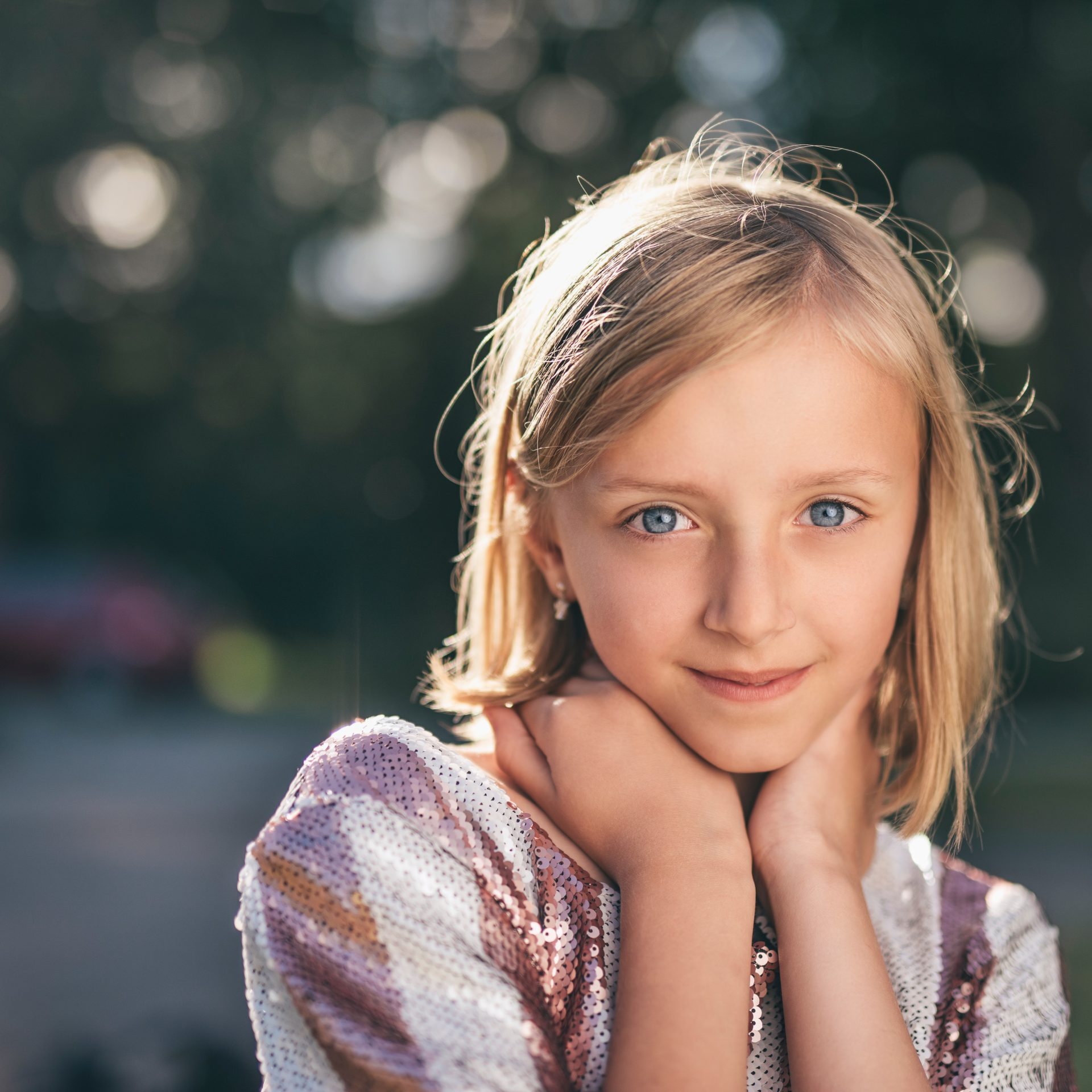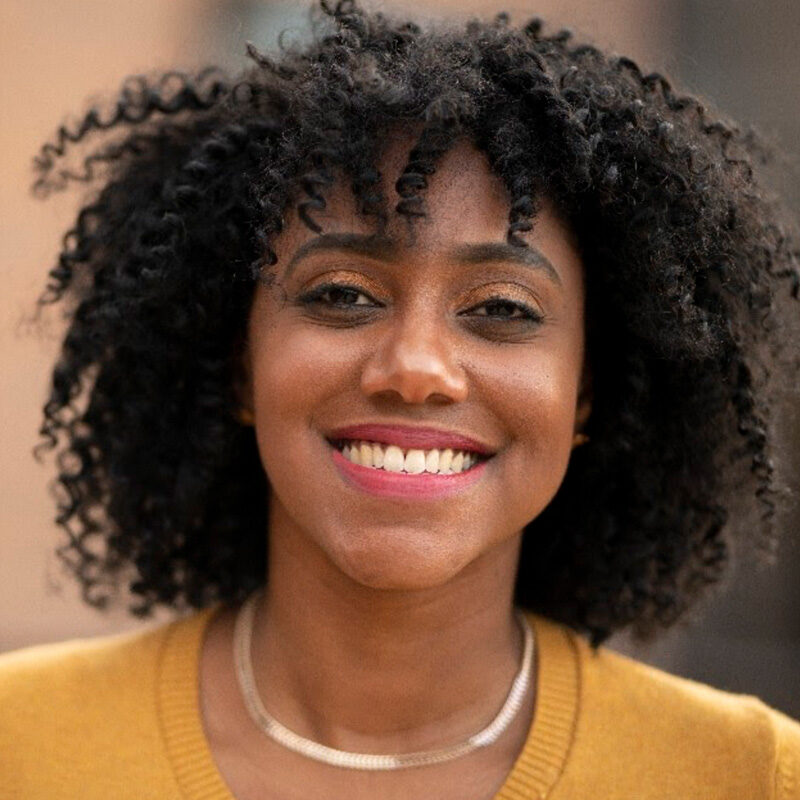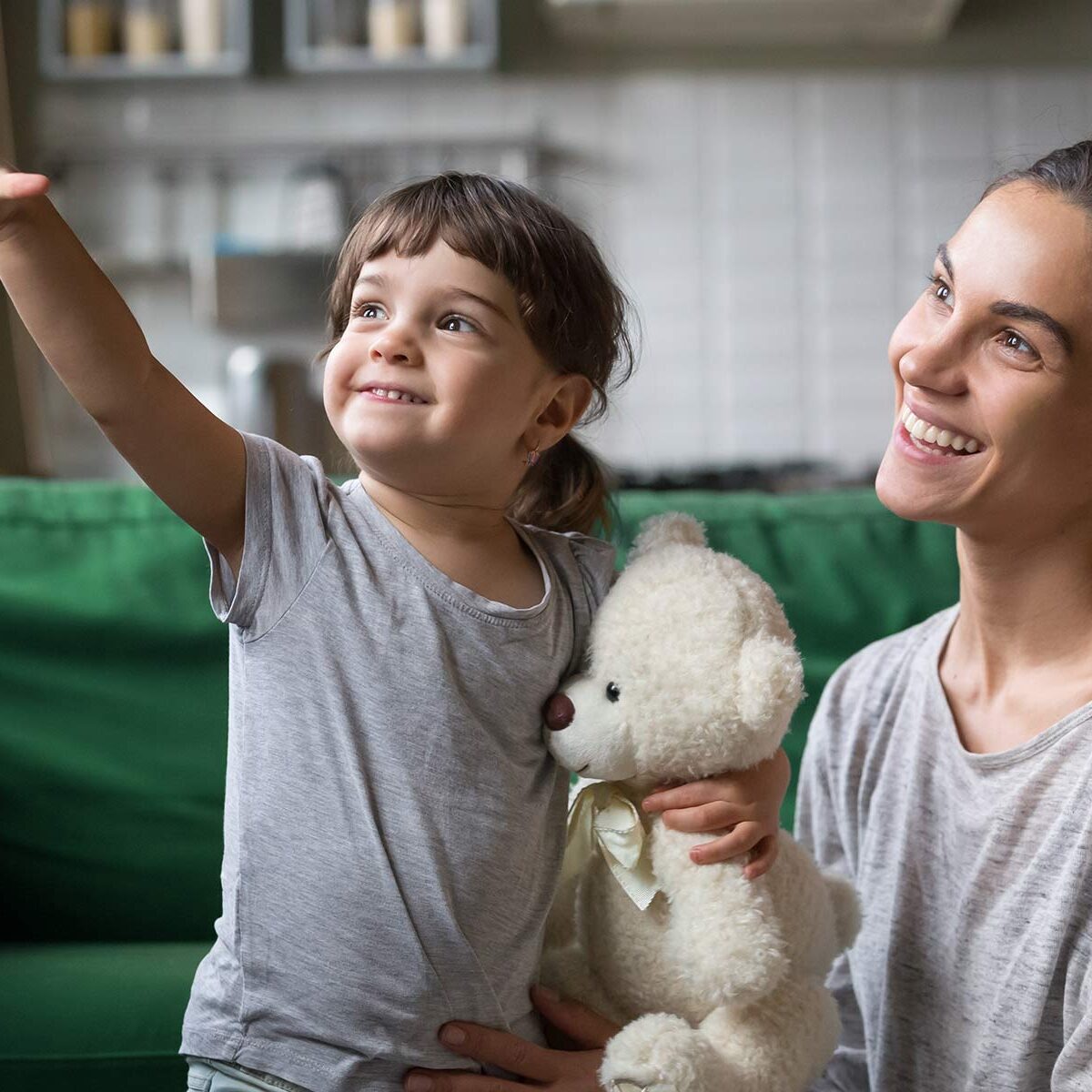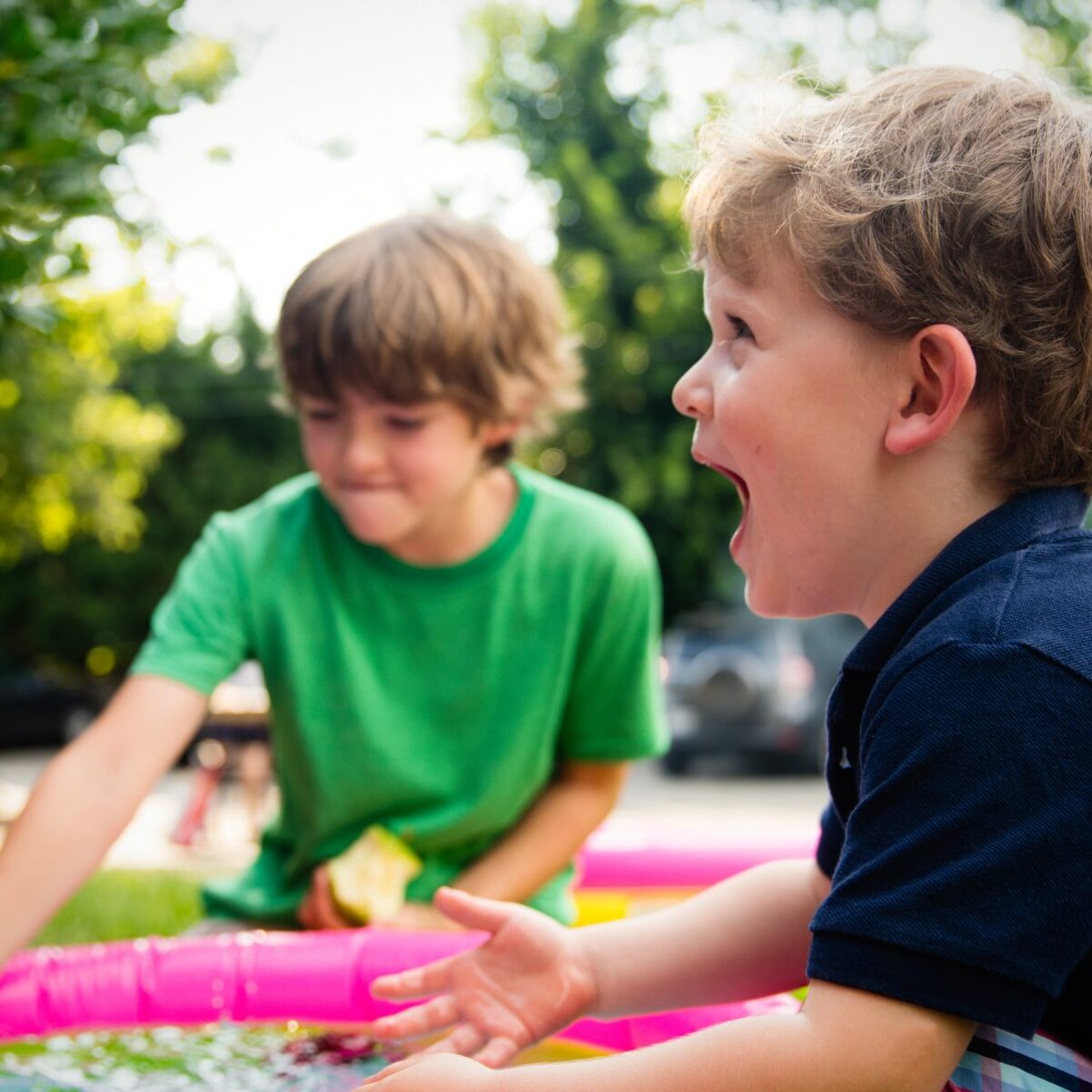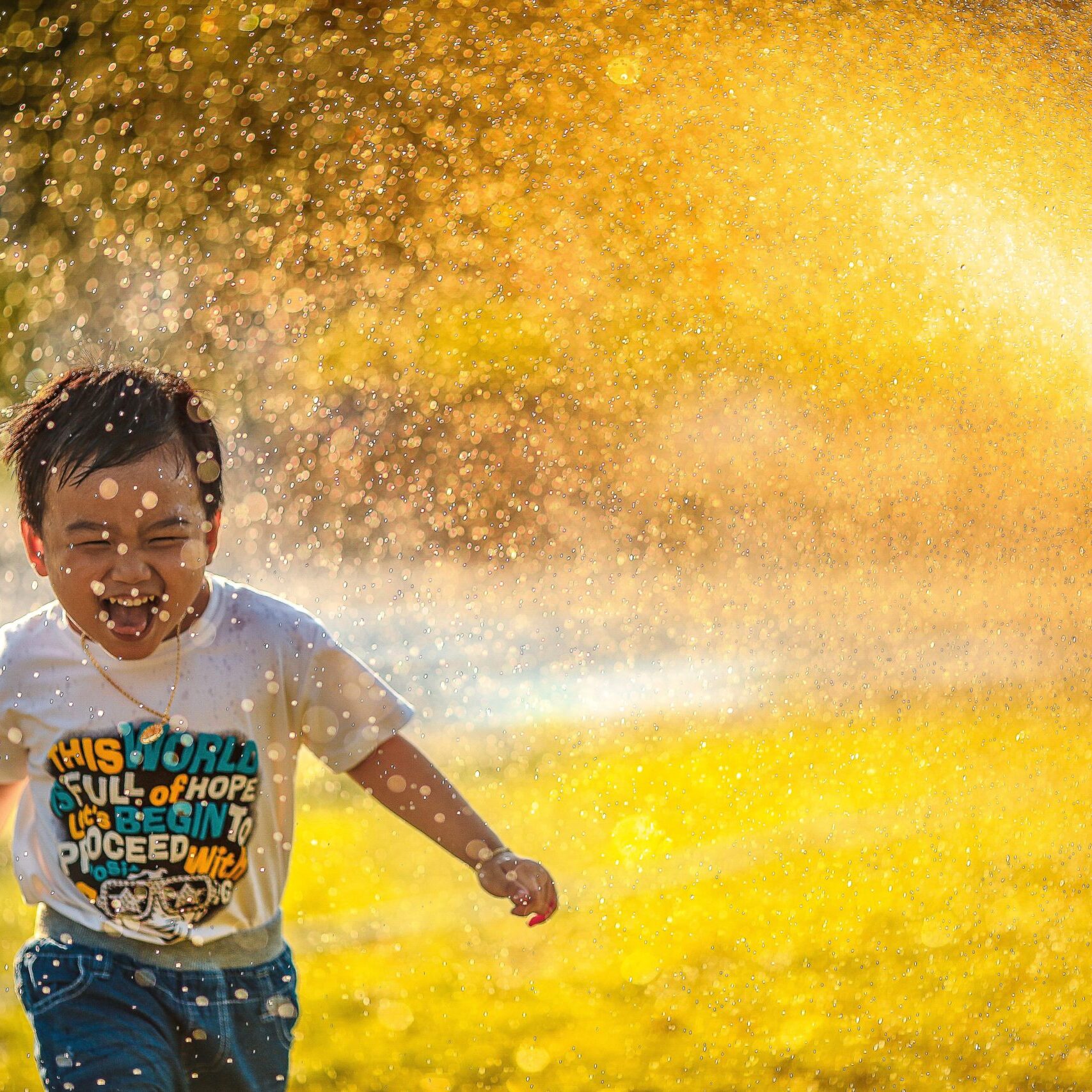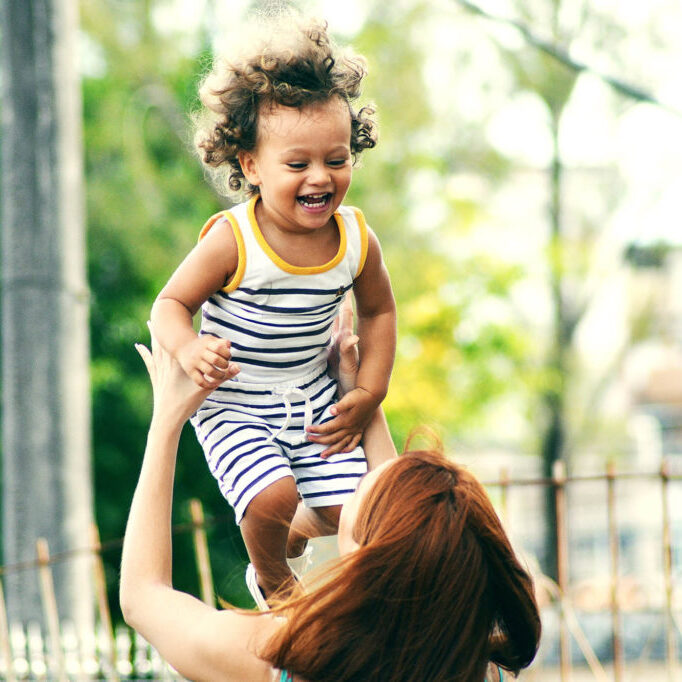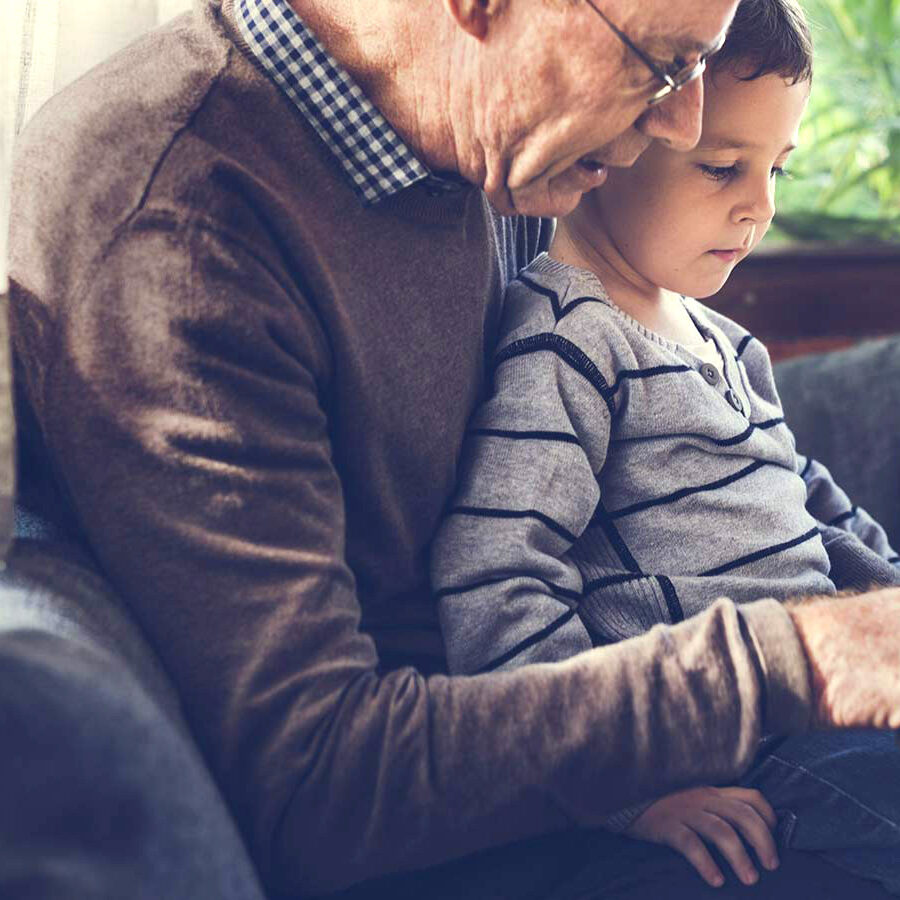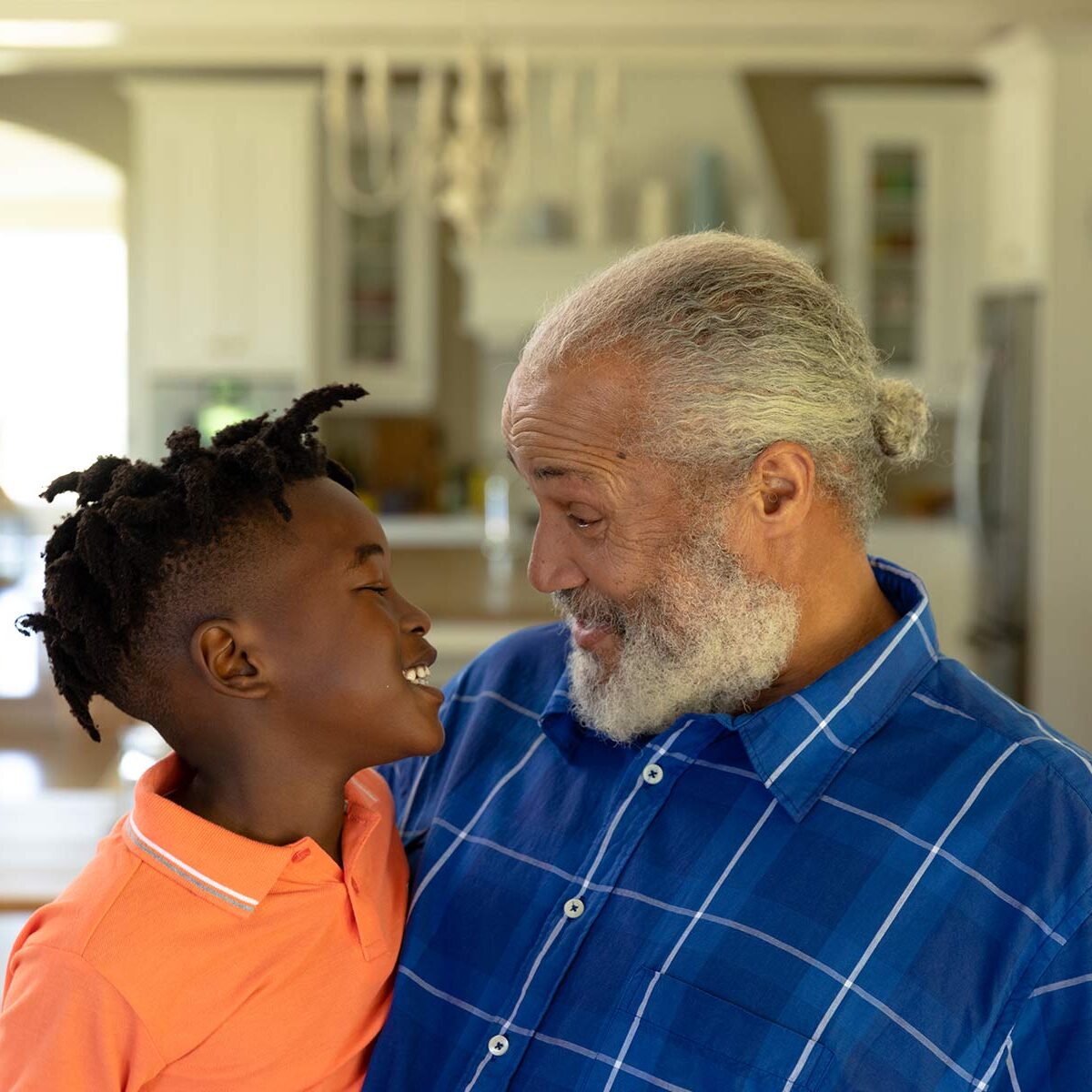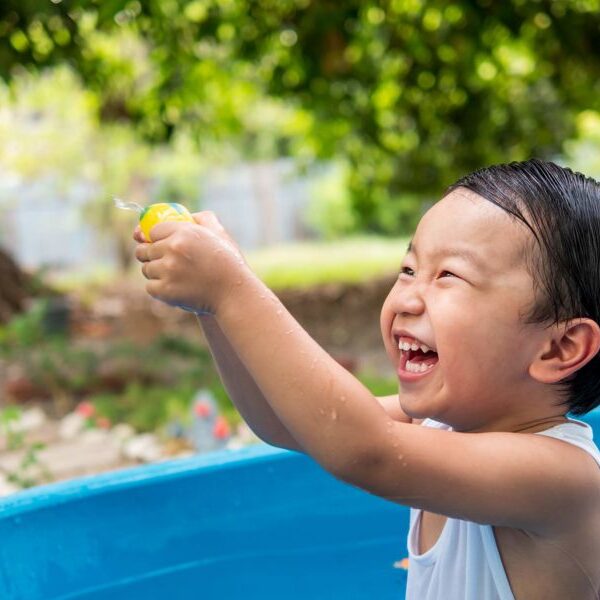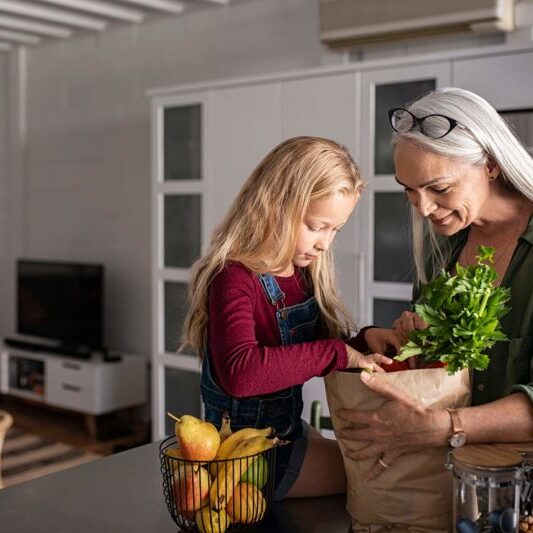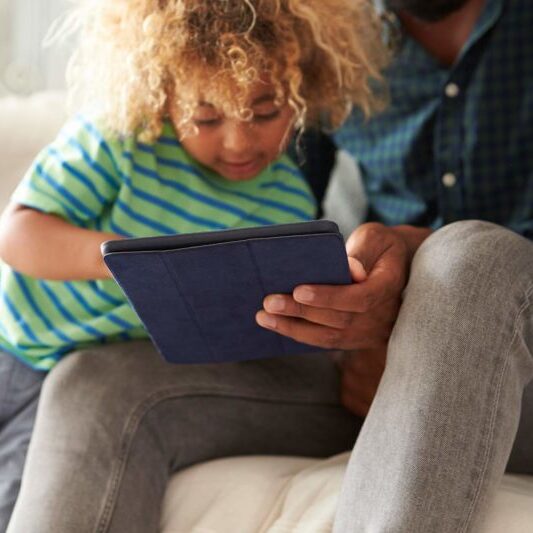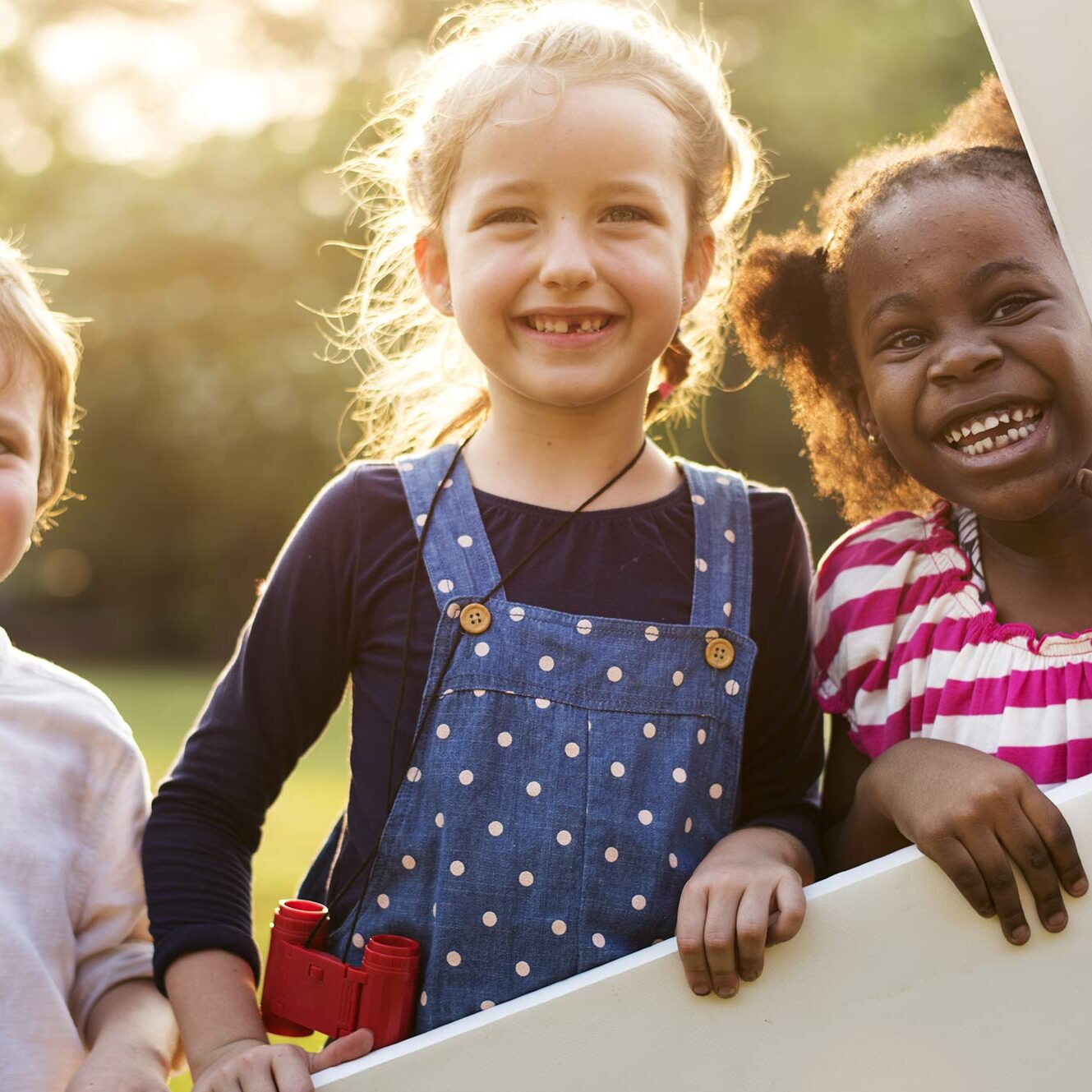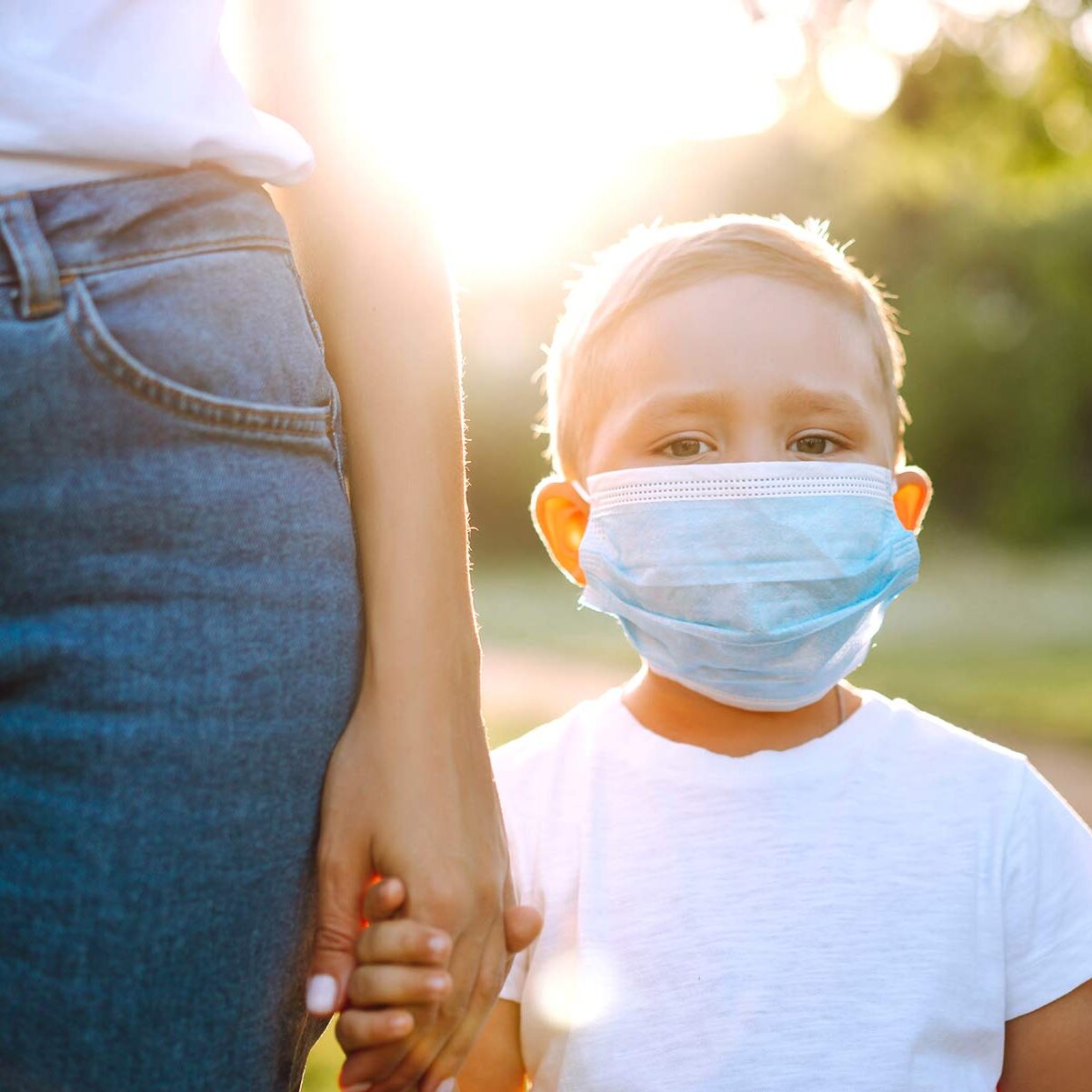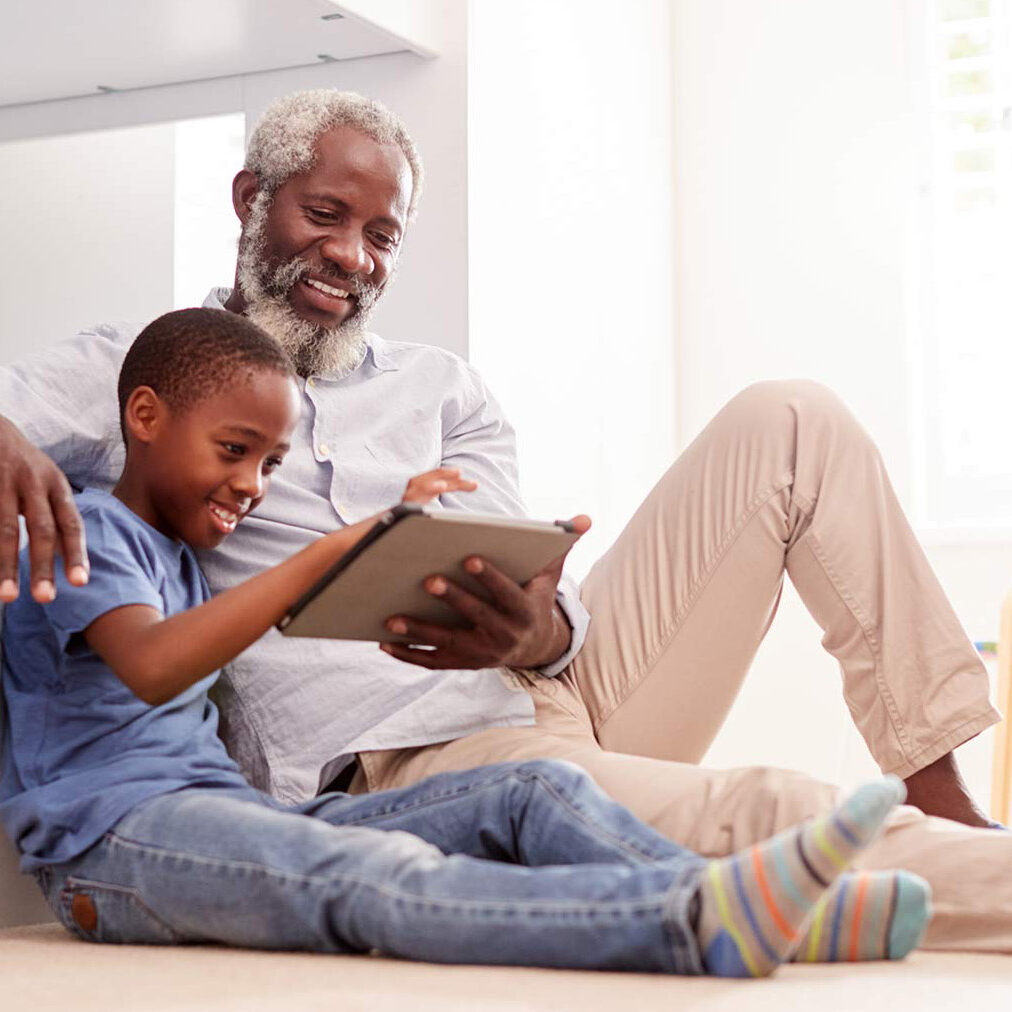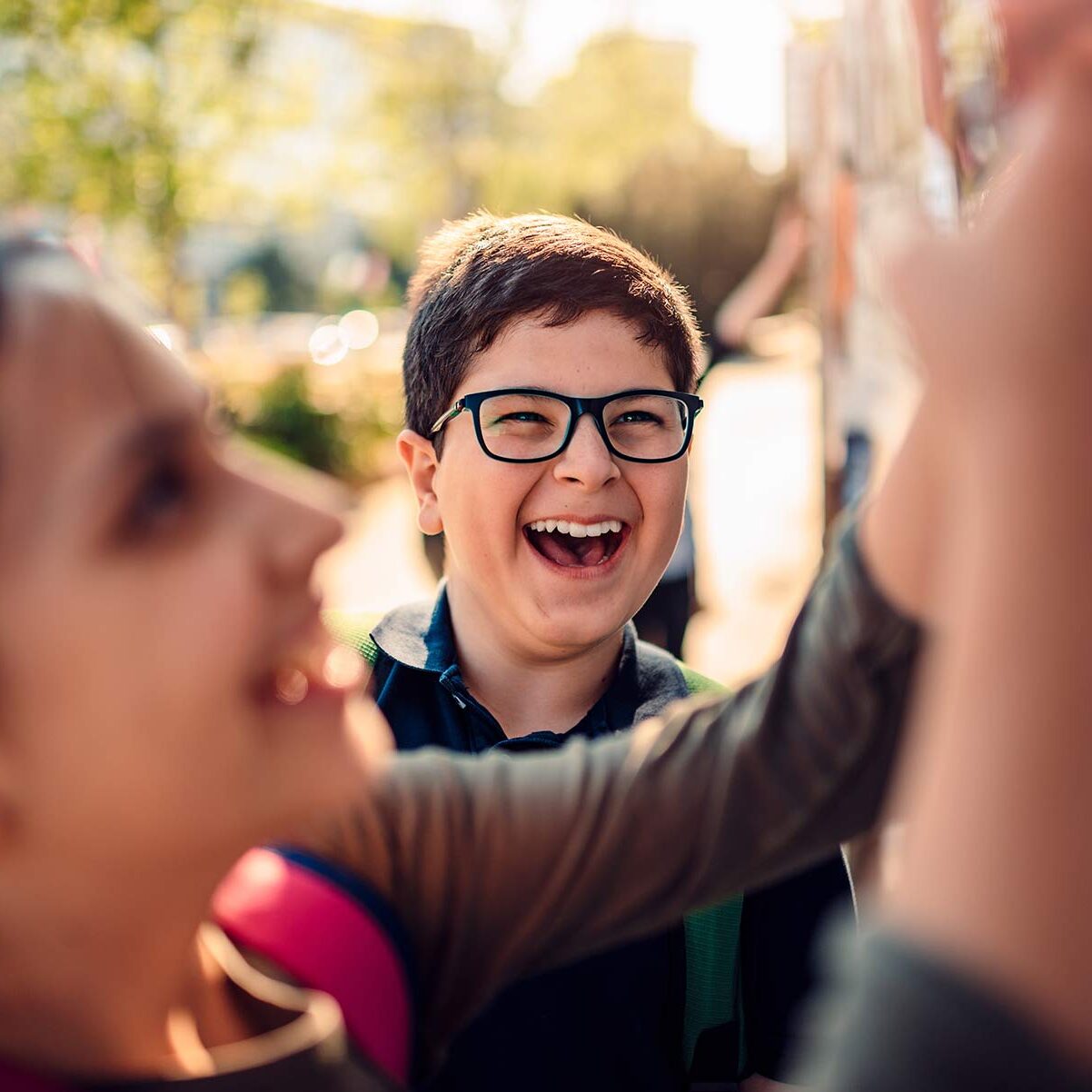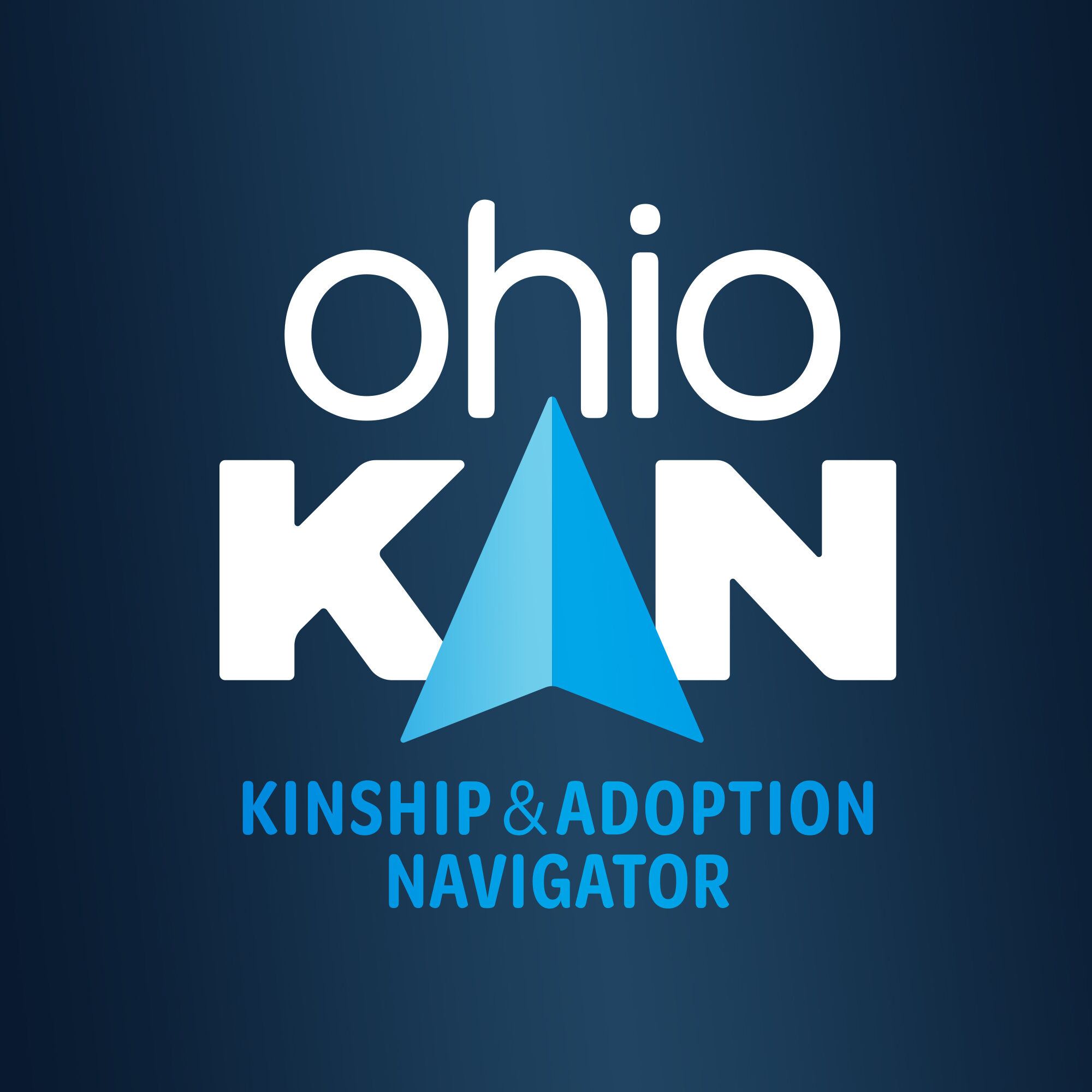
ABOUT THE AUTHOR
OhioKAN Staff
OhioKAN Staff Member
OhioKAN is a flexible and responsive kinship and adoption navigator program designed to support children, youth and their families.
I have spent the past twenty-five years providing social services for children afflicted with trauma. I began my career working with children who lived in a domestic violence shelter. I helped them address the trauma they experienced and move through the processes of overcoming that trauma and healing. Eventually, I transferred to working with males ages 12-21 convicted of felony 1 and felony 2 rape. I discovered that, although the services I provided to survivors and perpetrators were polar-opposites, the common theme with both was the use of drugs and alcohol to lessen pain associated with trauma. I desperately wanted to empower survivors, children, and families; but faced resistance because of fear and lack of resources, community connections, empathy, and support for the families.
I was drawn to work with both children and families through my position of Family Advocate for Head Start families. The trauma I witnessed in the homes of the families was shocking and heart breaking. This is where my knowledge and understanding of kinship began. I was truly unaware of the impact opiate use was having on families. I sat and listened, talked with the families, and did what I could to assist them in meeting their needs; empowering them, giving hope to hold onto in what they felt was a hopeless situation. However, all my knowledge and experience could not have prepared me for what was about to happen.
Because of my own son’s addiction, I knew first-hand the hardship opiate addiction places on a family. But I never imagined I would become a kinship caregiver. My son, who had no children (biologically), entered a relationship with a young teenage mom of a two-year-old boy, who was also pregnant with twins. My partner and I found ourselves providing stability for the children, keeping them for days and weeks at a time. We knew when they were with us, they were fed, warm, and given affection. But we knew in our hearts that the trauma remained. They didn’t understand routines, eating regular meals and baths, sleeping in beds free of urine and dirt, or getting instructions and guidance. It was heartbreaking when the children had to go back to their biological mother and my son. We learned we were only applying a Band-Aid on an enormous wound.
We did not know this was a prelude to us eventually becoming kinship caregivers and being the statistics of opiate addiction. Five years ago, I began the most difficult, yet, rewarding job of my social service career. At 19 years old, my son’s girlfriend gave birth to my first biological grandchild. They left the four-week-old baby in our care, as well as her 4-year-old son and two-year-old boy/girl twins and chose not to return for them. When this adventure began, we had no clue of what to do, how to do, or where to go to get the services needed to provide for the children.
I started with getting emergency temporary custody of the children. This was needed to be able to consent for medical treatment if they became ill, injured, or needed immunizations. This process included multiple court hearings. At the final hearing, the judge asked if I wanted permanent custody. I left the courthouse with papers in hand stating I was the custodial parent of four children aged 4 years and under.
Reality quickly set in, I found myself crying, scared, terrified, shaking, unable to breath. My head was filled with thoughts of we don’t have the resources needed.
Please know, I am not disclosing this personal experience for anyone to give me empathy, sympathy, or praise for being someone special. I am not. I am a Mamaw who was blessed with these four beautiful children. I was blessed to have a career in social services allowing me basic knowledge of what steps were required, where to go to seek assistance in providing what our family needed. I was further blessed to be in a career that allowed me to let the many families I worked for know that there is hope when all they felt was hopelessness.
As I continued to work as a family advocate, the amount of kinship, foster, and adopted families on my caseload increased. I helped ease some of their fears, provided support, assisted those who could not read or write well enough to complete the required documents, and provided transportation. I witnessed firsthand that this epidemic crosses all lines of economics, status, and race. The families I served realized they did nothing wrong, they need not be ashamed, and they were not bad people who raised bad family members. When I shared my experience with them, an instant bond took place. You could see them let out the breath they were holding and a glimpse of hope return to them. Their fear and hopelessness were replaced with determination to plan for the children’s future and hope of reconnecting with their loved ones.
As all these changes were taking place in my family, I began hearing about a program called OhioKAN. My supervisor at the time and I decided we wanted to attend meetings that were beginning. It was about five years ago when we attended our first meeting in Athens, Ohio. It prompted us to start support meetings for kinship families to let them know we had discovered a positive resource.
I am now working for OhioKAN, and my journey is only beginning. I have my experiences, my goals for the future, and I’m full of hope and information I can pass onto so many families, empowering them to be a family of permanency and not merely a statistic of an epidemic.


